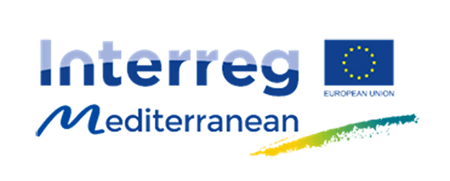Abstract
The successful establishment of species in novel environment depends on the capacity of individuals to cope with the novel conditions. Understanding the microevolutionary processes underlying rapid adaptive evolution and the way selection shapes phenotypic divergence in natural populations remains one of the major goals of evolutionary biology. In the proposed project we leverage the relatively well known colonisation history, and knowledge on ecologically induced phenotypic divergence of populations of the lizard Podarcis sicula that inhabit islands of the Lastovo archipelago (Adriatic) to study the evolutionary events driving rapid phenotypic shifts in populations encountering novel environments. Briefly, in 1971 a transplant experiment was conducted in which five pairs of P. sicula were introduced from their native island Pod Kopište onto a nearby islet, Pod Mrčaru. In 35 years since their introduction those populations exhibited spectacular phenotypic divergence in morphology and ecology, linked to a dietary shift from an insectivorous to an omnivorous diet. This project aims to identify if this phenotypic shift is due to genetic changes or phenotypic plasticity, and to investigate additional populations to understand how rapid phenotypic divergence and population bottlenecks influence genomic divergence amongst P. sicula populations. The experimental and analytical framework based on common garden experiments and population genomics will enable us to test whether 1) the rapidly evolved and adaptive phenotypic traits that facilitate a dietary shift in lizards from Pod Mrčaru have a genetic basis, and 2) if strong selection and population bottlenecks left distinct signatures of genomic divergence between populations.
Team members and research group
Anamaria Štambuk, asst. prof.1
Anthony Herrel, dr.2
Duje Lisičić, asst. prof.1
Zoran Tadić, asst. prof.1
Maja Šrut, dr.1
Oscar Mira Perez, dr.1
Jessica Stapley, dr.3
Stuart Dennis, dr.4
Miguel Baltazar-Soares, dr.5
Ivan Cizelj 6
1. University of Zagreb, Faculty of Science, Department of Biology, Croatia
2. UMR 7179 C.N.R.S/M.N.H.N., Département d'Ecologie et de Gestion de la Biodiversité, France
3. ETH Zurich, Switzerland
4. Department of Aquatic Ecology, Eawag, Switzerland
5. Bournemouth University, UK
6. Zagreb Zoo, Maksimirski perivoj bb, Zagreb, Croatia
Currently in its initiall phase...

